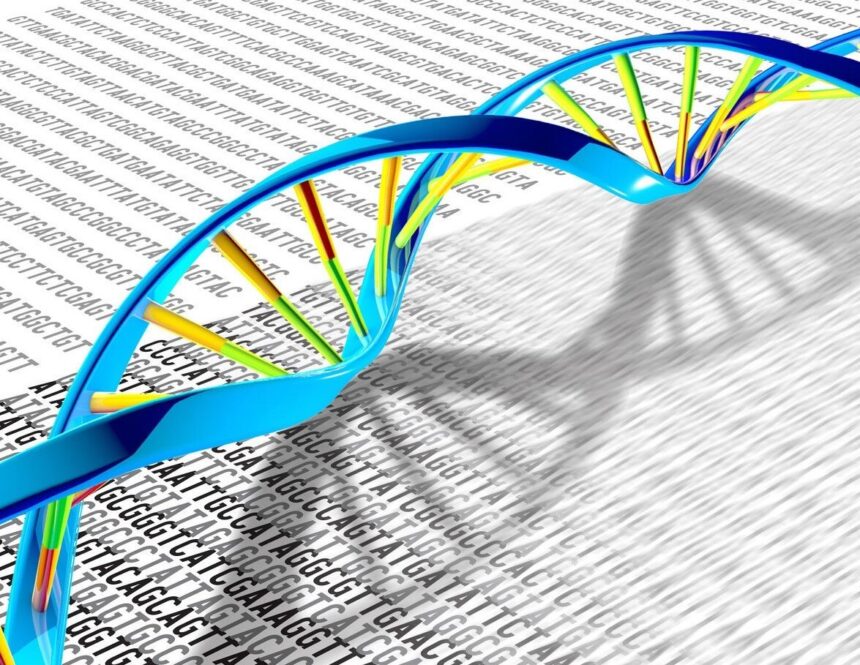Genetic Variations and Reproductive Health: A Comprehensive Review
A recent study led by researchers from the University of Oxford’s Leverhulme Center for Demographic Science and the University of Iceland, published in Nature Aging, delves into the intricate relationship between genetic variations and reproductive health and longevity. The review explores how our DNA can explain differences in reproductive traits, shedding light on the genetic factors that influence when we have children, the timing of menopause, and even how long we live.
Genes Play a Crucial Role in Reproduction
By analyzing data from the GWAS Catalog, the researchers identified 159 genetic studies and 37 key genes associated with reproductive traits such as age at first childbirth, menopause timing, and hormone levels like follicle-stimulating hormone (FSH) and testosterone. These findings highlight the significant impact of genetic factors on fertility and broader health outcomes.
One gene, FSHB (follicle-stimulating hormone subunit beta), stood out as being linked to eleven different reproductive outcomes. This gene plays a vital role in regulating menstruation and menopause, underscoring its importance in reproductive health and aging. The review also uncovered connections between reproductive genes and rare genetic disorders, demonstrating the far-reaching influence of DNA on fertility and overall health.
Professor Melinda Mills, the senior lead author of the study, emphasized the importance of understanding genetic factors in reproductive health, especially as more people choose to delay parenthood. The research not only uncovers common genes across reproductive traits but also reveals insights into broader health issues such as body mass index (BMI), obesity, hormone-sensitive cancers, and psychiatric and behavioral traits.
Insights into Longevity, Cancer, and Obesity Risk
The review also explored the links between reproductive genes and longevity, revealing how genes like ESR1 (estrogen receptor 1) are associated with both reproductive traits and cancer risk. For instance, early puberty or late menopause may increase the risk of hormone-sensitive cancers but also be linked to a longer lifespan. Additionally, the FTO gene, known for its associations with BMI, obesity risk, and type 2 diabetes, was found to be connected to various reproductive traits, highlighting the intricate genetic relationships between reproduction and overall health.
Male Fertility and Genetics
While much of the research on reproductive health has focused on women, the study also delved into the genetics of male fertility. Genes like DNAH2 were identified as playing a crucial role in testosterone levels and sperm function, underscoring their significance in male reproductive health. Understanding the genetic factors influencing male infertility can lead to new insights and potential treatments for individuals facing reproductive challenges.
Implications Across Generations
The review highlighted how genetic changes can affect future generations as parents age and accumulate de novo mutations that can be passed on to their children. These spontaneous genetic changes can have profound effects on the health and development of offspring, emphasizing the importance of understanding how our genes shape reproductive health, fertility, and longevity.
In conclusion, this comprehensive review provides essential insights into the genetic underpinnings of reproductive health, offering a foundation for personalized healthcare approaches that could improve outcomes for individuals and families across generations. By unraveling the complex interplay between genetics and reproduction, researchers are paving the way for a deeper understanding of how our DNA influences our health and well-being.







